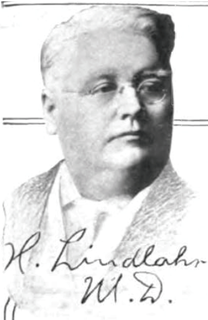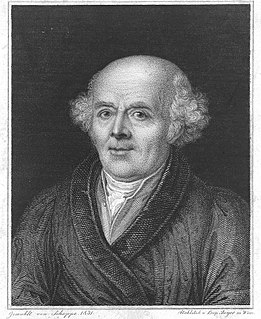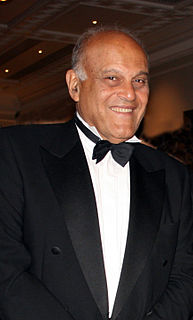A Quote by Henry Lindlahr
The 'regular' school of medicine, as a body, has ignored and will ignore this science, because it discloses the fallacy of their favorite theories and practices and because it reveals unmistakably the direful results of chronic drug poisoning and ill-advised operations.
Related Quotes
Ultimately the body will rebel. Even if it can be temporarily pacified with the help of drugs, cigarettes or medicine, it usually has the last word because it is quicker to see through self-deception than the mind. We may ignore or deride the messages of the body, but its rebellion demands to be heeded because its language is the authentic expression of our true selves and of the strength of our vitality.
Every effective drug provokes in the human body a sort of disease of its own, and the stronger the drug, the more characteristic, and the more marked and more violent the disease. We should imitate nature, which sometimes cures a chronic affliction with another supervening disease, and prescribe for the illness we wish to cure, especially if chronic, a drug with power to provoke another, artificial disease, as similar as possible, and the former disease will be cured: fight like with like.
It is an awful thing to be betrayed by your body. And it's lonely, because you feel you can't talk about it. You feel it's something between you and the body. You feel it's a battle you will never win . . . and yet you fight it day after day, and it wears you down. Even if you try to ignore it, the energy it takes to ignore it will exhaust you.
Because those who hold conspiracy theories typically suffer from a crippled epistemology, in accordance with which it is rational to hold such theories, the best response consists in cognitive infiltration of extremist groups. Various policy dilemmas, such as the question whether it is better for government to rebut conspiracy theories or to ignore them, are explored in this light.
Medicine is the science by which we learn the various states of the human body in health and when not in health, and the means by which health is likely to be lost and, when lost, is likely to be restored back to health. In other words, it is the art whereby health is conserved and the art whereby it is restored after being lost. While some divide medicine into a theoretical and a practical [applied] science, others may assume that it is only theoretical because they see it as a pure science. But, in truth, every science has both a theoretical and a practical side.
I drink a lot of beer, and that's the drug of choice. You find the drug that works for you. I know, for instance, this guy named Harlan Ellison - and he's not alone - who's very proud of the fact that he doesn't put dope into his body. He tries not to put additives into his body, or anything like that. But he can afford to do that because Harlan's drug of choice is Harlan.
The work of science has nothing whatever to do with consensus. Consensus is the business of politics. Science, on the contrary, requires only one investigator who happens to be right, which means that he or she has results that are verifiable by reference to the real world. In science consensus is irrelevant. What is relevant is reproducible results. The greatest scientists in history are great precisely because they broke with the consensus.
Men who have excessive faith in their theories or ideas are not only ill prepared for making discoveries; they also make very poor observations. Of necessity, they observe with a preconceived idea, and when they devise an experiment, they can see, in its results,only a confirmation of their theory. In this way they distort observation and often neglect very important facts because they do not further their aim.
































